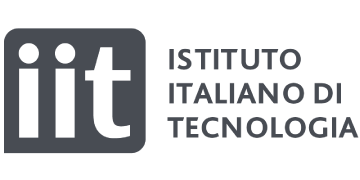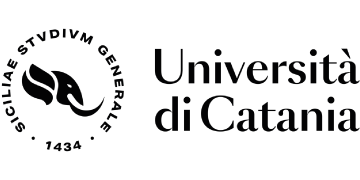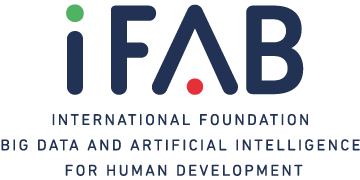
FUTURE HPC & BIG DATA
Context
The Spoke 1 represents the technological pillar of ICSC dedicated to the development of highly innovative technologies, both hardware and software, for supercomputers and computing systems of the future. The Spoke 1 is aimed at investigating and solving fundamental challenges of modern computing, such as high-performance computation and the complexities of scientific computing. Furthermore, it focuses on the applicability of these technologies in high-volume sectors such as cloud and edge computing, IoT connectivity, autonomous vehicles, and even the new challenges of AI. To achieve all of this, it is essential to develop computing systems that are open, energy-efficient, and high-performance.
Today, supercomputing is no longer a niche research field, limited to closed laboratories and advanced scientific applications, but a necessity in every disciplinary field, both scientific and industrial. The availability of vast amounts of data, the evolution of AI techniques, the proliferation of the cloud, and the use of next-generation HPC systems require a synergistic interaction to optimize the development of new applications and facilitate integrated solutions, opening new perspectives for research while simultaneously providing industries with the necessary technological support to implement new products and services.
In this context, research must focus on the design and development of tools and methodologies that simplify the effective use of complex hardware and software systems. At the same time, it is essential to raise industry awareness and enhance readiness in adopting the developed technologies, integrating them as an essential part of innovation processes and core business activities.
Objectives
The planned research and development activities within the Spoke are organized into 5 scientific-technological “flagships,” which are the operational units of research and involve participation from 15 universities (and research institutions) and 9 major industries, as well as two living labs, which are physical laboratories co-located in leading universities (UNIBO and UNITO).
The flagships are organized in such a way to allow research centers to pool their expertise and research products, triggering integrations and cross-fertilization, also based on the needs and requests coming from industrial entities. The laboratories collect scientific contributions from all the flagships with the aim of creating prototypes and demonstrators of the most promising technologies, supporting technology transfer, and building a sustainability perspective for the Spoke’s activities beyond the funding window supported by the PNRR (2022-2026).
The living labs also aim to establish a nationally federated center with global-level expertise in hardware and software co-design, and to strengthen Italy’s leadership in the European High-Performance Computing Joint Undertaking (EuroHPC JU), and in the data infrastructure ecosystem for both science and industry.
Cascade funding calls, which will support local SMEs, will also contribute to these objectives, supporting the Spoke in building a true high-performance computing supply chain.
Activities
The Software & Integration Lab, born within the Department of Computer Science at the University of Turin, supports research and technology transfer in the following areas:
- High-performance computing (HPC);
- Cloud computing and applications for Big Data;
- Artificial Intelligence.
The Hardware & Systems Lab, based at the Department of Electronic Engineering of the University of Bologna, focuses on:”
- Developing prototypes of innovative computing systems;
- Analyzing system performance with a particular emphasis on energy efficiency.
Methodologically, FutureHPC places a bet on open licenses (open hardware, open-source software, open standards) as a booster for innovation, a model that has already demonstrated significant competitive advantages in terms of product quality and the sustainability of industrial business models. Hardware design, driven by the growing popularity of the RISC-V instruction set, is progressively embracing the open approach for both instructions set specification and possible implementations.
In this overall context, the scientific themes that the flagships are focused on include:
- non-functional properties, i.e. energy, power, reliability, performance portability;
- heterogeneous accelerations, involving architecture, tools and software;
- workflows and I/O, Cloud-HPC convergence and Digital Twins;
- confidential computing, Trusted Execution Environment and Federated Learning;
- mini-applications and benchmarking.
Istitution leader

Istitution co-leader

Institutions and Universities













Companies








